We’re inviting our pollinators back into our neighbourhoods and rights-of-way corridors!
Bees, flower flies, butterflies, moths, wasps and beetles are pollinator species that support our economy and environment. These unsung heroes of the natural world are declining due to multiple threats, including habitat loss, pesticide use, climate change and disease.
To reverse current trends, immediate changes to land use are necessary at a large scale. Transforming our approach to land management will make a big difference.
Rights-of-Ways Are the Right Way to Go
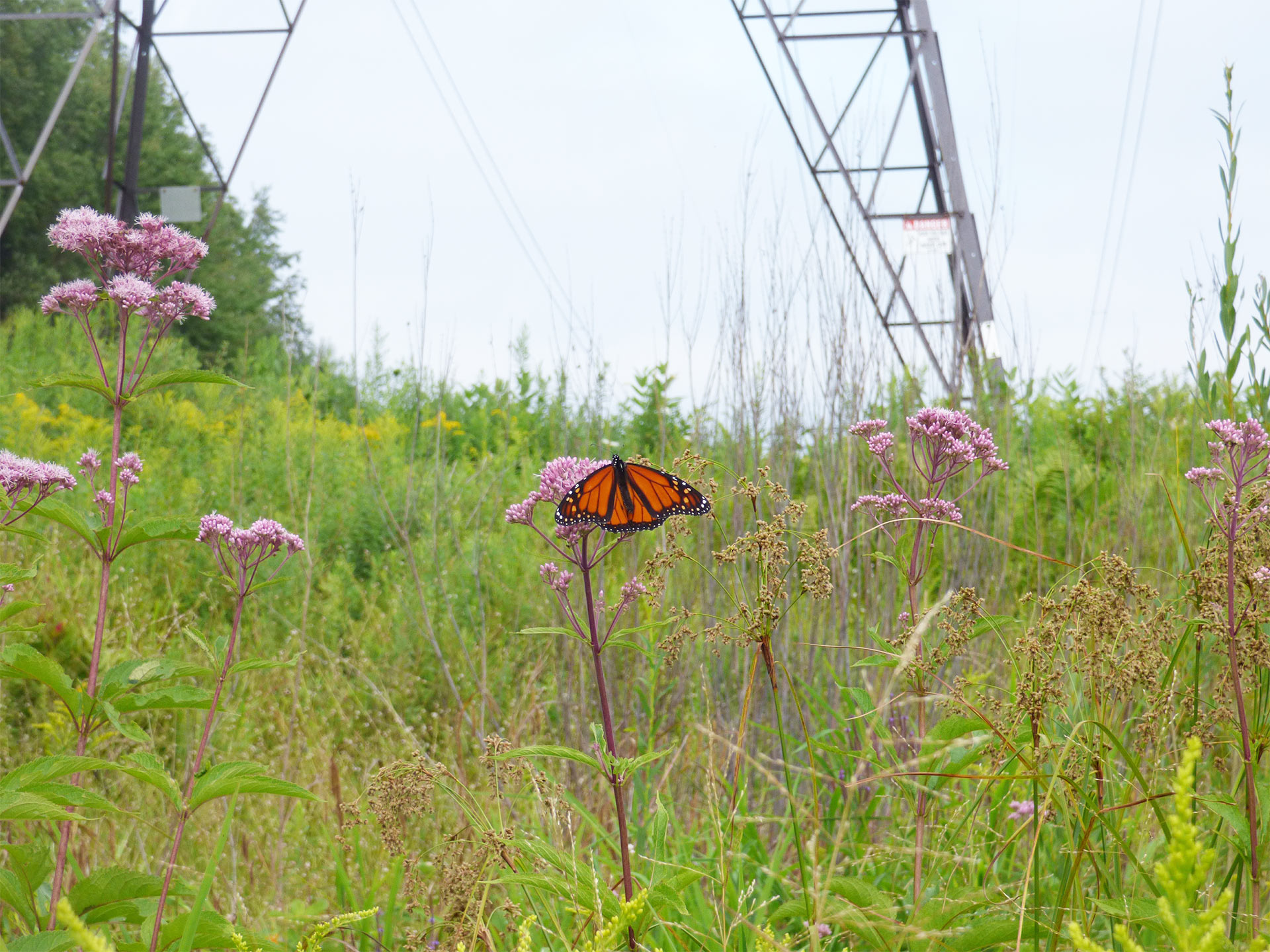
Canada’s network of rights-of-way — roadsides, utility corridors, transmission lines and pipelines — are often mown and sprayed with pesticides throughout the growing season. While our eyes have become accustomed to the uniformity of these lawn features, they displace habitat for pollinating insects and wildlife. Clipped non-native grasses do not provide the food and shelter pollinators need.
The Canadian Wildlife Federation is collaborating with a network of rights-of-way managers to restore pollinator habitat. Together, we are creating a pollinator pathway across Canada, restoring wildflower meadow habitat along migratory routes of pollinators like the Monarch Butterfly. Lawns in our urban parklands and private backyards also offer an opportunity to give the required habitat back to the plant and animal populations that came before us.
Quick facts about Canada’s rights-of-ways:
- 1.4M: Canada alone is home to 1.4 million kilometres of roads! On either side of these roads is up to seven metres of width that could be restored as pollinator habitat. That’s an immense amount of space that could be converted into pollinator habitat!
- 80%: The eastern Monarch Butterfly population has dropped by 80 per cent over the last 20 years. The world would be a diminished place without these stunning butterflies.
- 14,400: There are about 6.2 million lawns in Canada. Converting just one-quarter of each lawn would equal around 14,400 hectares of habitat for pollinators. Since one hectare equals two and a half football fields, that is a lot of pollinator habitat.
Engaging in Native Grassland and Meadowland Restoration Ecology
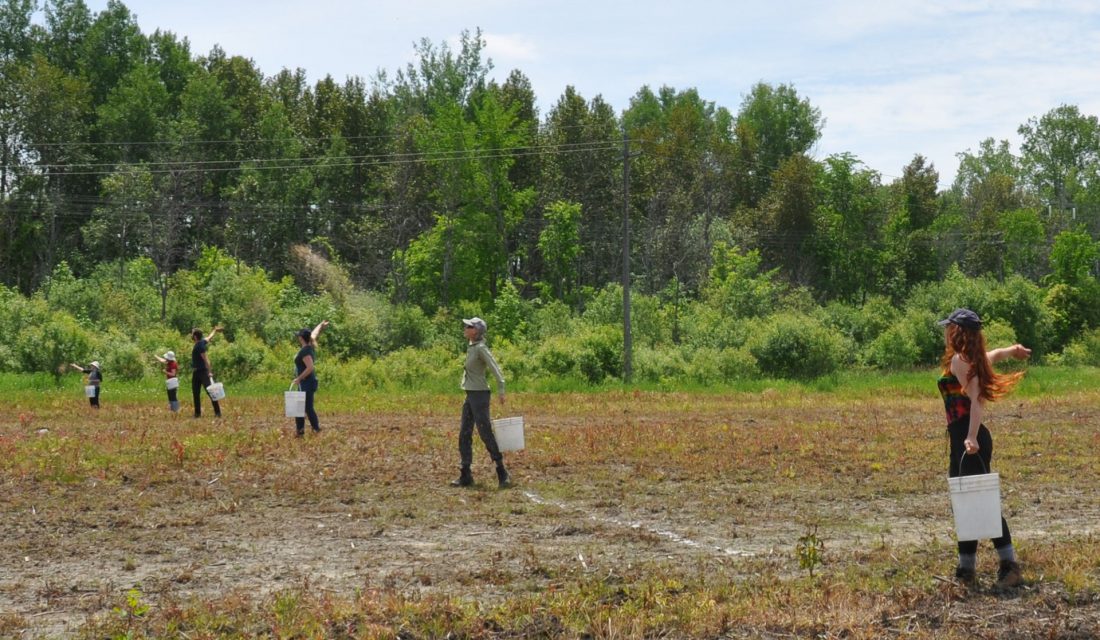
In 2019, CWF initiated meadow habitat restoration on rights-of-way in Ottawa and in 2020 to 2022 expanded this work to advance rights-of-way habitat restoration in Eastern Ontario and southwestern Ontario. Through this initiative we are creating new partnerships and sharing expertise in grassland and meadowland restoration ecology.
Outcomes in 2022
- 7.03 km2 of rights-of-way in Ontario have been improved through on the ground implementation of active and/or passive restoration.
- 125 rights-of-way managers in Eastern Ontario have been engaged in the Communities of Practice network, online workshop and webinar sessions, and in-person roadside training.
- More than 458 rights-of-way managers across Canada and the United States have received training on rights-of- way habitat restoration through the provision of online webinars and workshop sessions.
Objectives for 2023
- Grow our program to engage ROW managers throughout the Monarch migration route in Ontario.
- Provide technical training and peer learning opportunities to ROW managers across Canada.
- Guide ROW managers to organizational change for the benefit of pollinator habitat conservation.
How You Can Help
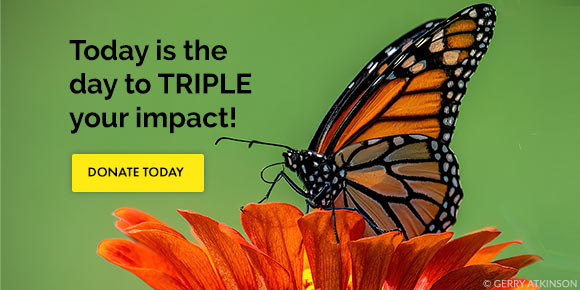 From March 1 to March 31, 2023, we have a matching gift campaign. Every gift donated to this campaign will be triple matched up to $50,000 thanks to the generous Estate gift of one of our supporters, Mr. Harry Frishette. We are so very grateful to Mr. Frishette. His generosity provides a wonderful opportunity for your support to have triple the impact for our precious wildlife. Thank you!
From March 1 to March 31, 2023, we have a matching gift campaign. Every gift donated to this campaign will be triple matched up to $50,000 thanks to the generous Estate gift of one of our supporters, Mr. Harry Frishette. We are so very grateful to Mr. Frishette. His generosity provides a wonderful opportunity for your support to have triple the impact for our precious wildlife. Thank you!
Together, we’re ensuring a positive future for our essential pollinators. Thank you!

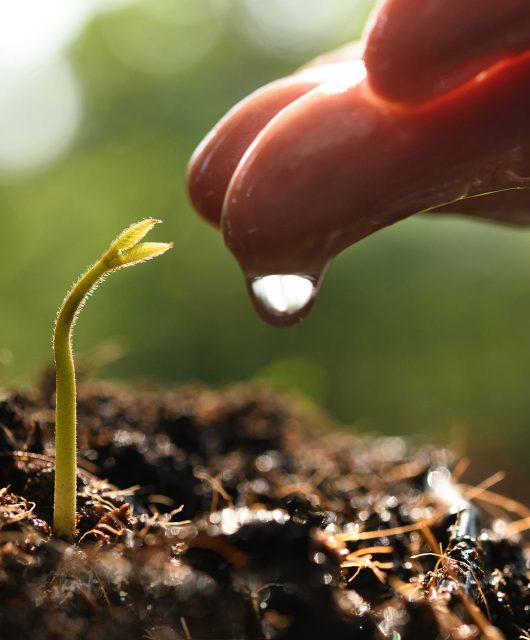
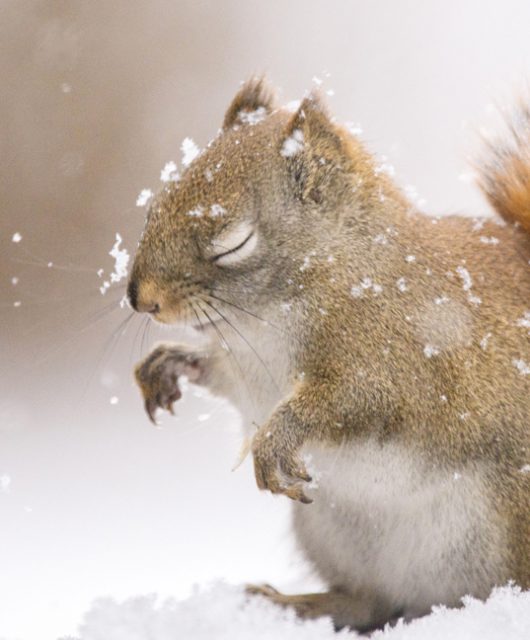



2 comments
Good Afternoon,
I am working on a project on Highway 3 in Talbotville for the Ontario Ministry of Transportation. We would be interested in creating pollinator pathways within the medians and ROW of the project. Is there a contact that would be able to discuss how to implement a pollinator pathway?
Thank you,
Sophia Vanessa Elali
Environmental Planner, MTO